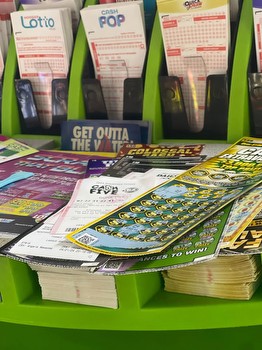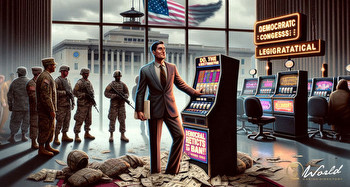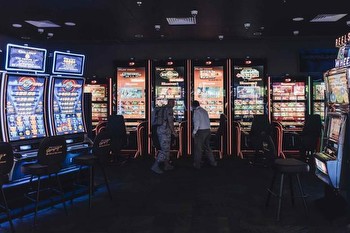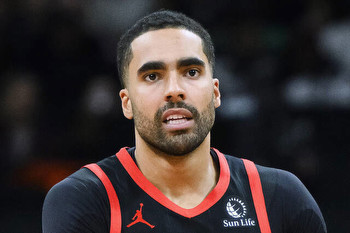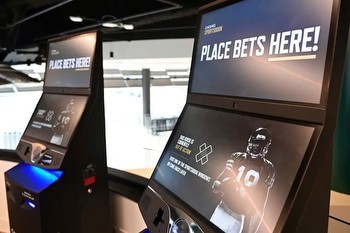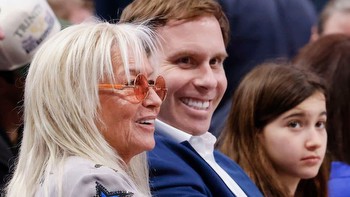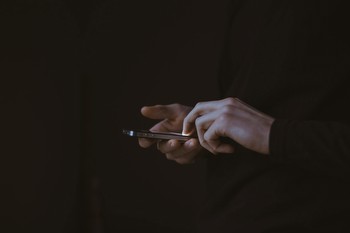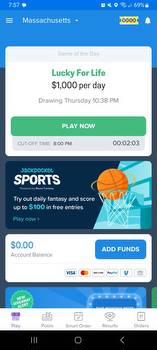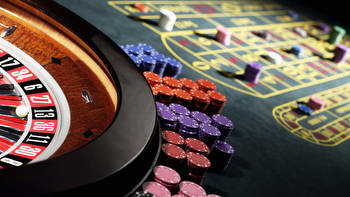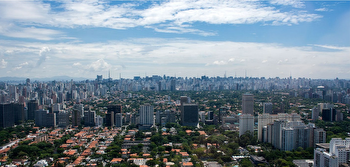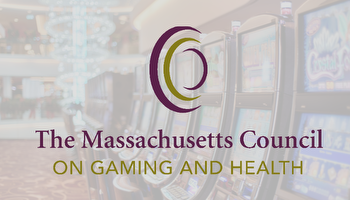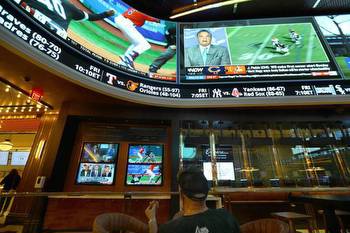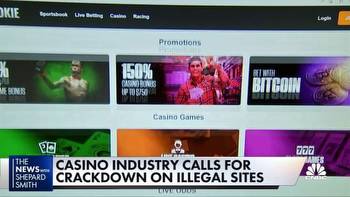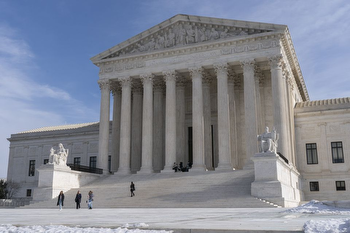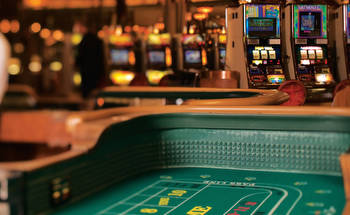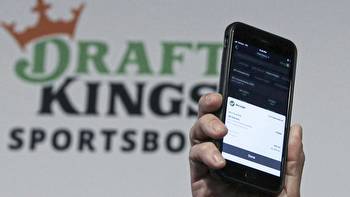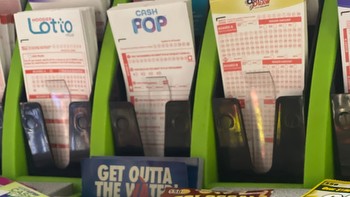Online gambling is in the crosshairs of Northeastern activist group
Lawyers and researchers at Northeastern’s Public Health Advocacy Institute are opening a new front in their battle against online and mobile gaming, helping craft federal restrictions that could seriously curtail betting on sports events on smartphones.
The group is working with New York Representative Paul D. Tonko to write a bill cracking down on the explosion of sports betting, Tonko and members of the institute said. Still, the proposal, which is in the draft stage, will face certain opposition from the gambling industry and companies offering betting apps, such as Boston-based DraftKings.
Since the Supreme Court threw out a federal ban on sports betting in 2018, more than two dozen states have legalized gambling, with most of the action taking place on mobile apps. Americans bet $120 billion on sports last year, with $11 billion collected as revenue bycasinos as well as mobile apps from DraftKings and its rivals, including FanDuel and BetMGM, the American Gaming Association reported.
The Northeasterngroup, which fought for decades to restrict tobacco use, sees parallels between the addictive nature of gambling and the harm it can wreak on society. In December, the institute also helped file a lawsuit against DraftKings for deceptive advertising.
“Nobody in their wildest imagination could have envisioned that the result five and a half years after the Supreme Court case would be that people are betting or have access to bet on every shot in a basketball game, the speed of every pitch in a baseball game, every serve in a tennis match, and so on,” Mark Gottlieb, executive director of the public health institute, said in an interview. “No one could have predicted the Wild West scenario we have today, which is getting worse every day.”
Although not a comprehensive measure of gambling addiction problems, calls to helplines for gambling problems have skyrocketed over the past two years. In February, 605 people from Massachusetts called the national problem gambling helpline, up from 422 a year earlier and just 60 in February 2022.
Tonko last week offered a summary of restrictions he is aiming to include in his legislation, which would require even states that have already legalized betting to reapply with the US attorney general. The proposal would prohibit sports betting ads running between 8 a.m. and 10 p.m. and during any live sporting event, as well as banning ads offering free bonuses for betting. Gambling companies could not accept deposits on credit cards or more than five deposits in a 24-hour period. And the companies would have to conduct an affordability check for bets over a certain amount.
“Hopefully, this is a wedge to open the door to some federal oversight and regulation,” Gottlieb said.
The bill would also restrict the use of artificial intelligence by banning AI from tracking players’ habits, setting individualized promotions, and creating new betting products. And the bill would authorize collection of data about sports-betting activity and require the surgeon general to report on the public health impacts of widespread sports betting.
The American Gaming Association, the industry’s trade group, said the betting market was already highly regulated. “This legislative concept ignores the rigorous work of the Massachusetts Gaming Commission while reverting us back to an era of federal prohibition that only enabled a massive illegal marketplace to thrive,” Chris Cylke, the association’s senior vice president for government relations, said in an email. “Importantly, cutting off the legal industry’s ability to use new technologies like AI would undermine important tools to protect players, encourage responsible play, and stop illicit activity.”
DraftKings referred questions about the potential law to the trade group.
The regulations could also be unpopular with local lawmakers who have seen tax revenues rising from the sports-betting boom. Massachusetts raked in $108 million last year after legalizing sports betting in March. The state ranked sixth in the country in sports-betting tax revenue in the third quarter according to the most recent report from the US Census Bureau.
The Northeastern institute’s aim is to shift away from the current approach of industry self-regulation, where companies offer gambling addiction help lines to customers who get in trouble. Harry Levant, gambling policy advisor at the institute and a therapist to gambling addicts, saidthat method is“antiquated” and lacks scientific validity.
“It can’t be ... getting people to gamble as often and as much as possible and then we’ll pay to treat those people who end up suffering harm,” Levant said. “The model has to shift to a public health approach, which looks at the addictive nature of the products and regulates their distribution. That’s what we do with alcohol. That’s what we do with pharmaceuticals. That’s what we do with tobacco.”
The Supreme Court’s 2018 ruling should not be a barrier to enacting restrictions like those under consideration in Tonko’s bill, according to Northeastern law professor Richard A. Daynard, an architect of the lawsuits that brought down tobacco companies. (The now-eliminated federal ban allowed a few states such as Nevada to permit gambling.)
“The court said Congress can’t go picking and choosing among its kids, among the states, that’s not permitted under the 10th Amendment,” Daynard said. As long as a new federal law applies to all states equally, it should pass muster with the court, he said. “It left the door completely open for Congress to take whatever even-handed, non-discriminatory-between-states action it wished. Congress has its normal legislative abilities here.”








